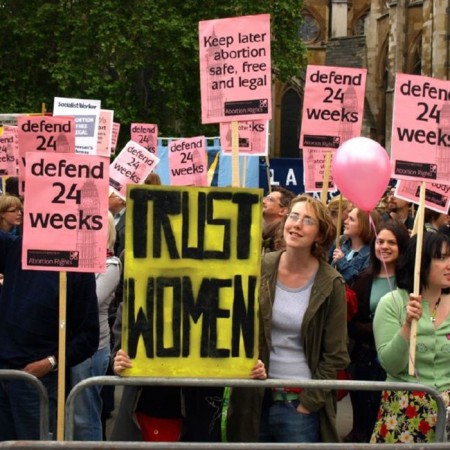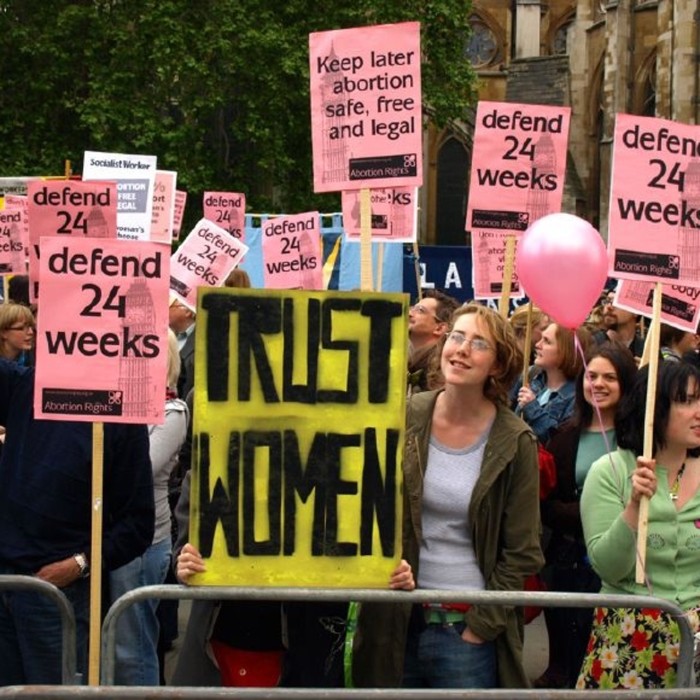By Rebecca K. Smith, CLDC Board President & Cooperating Attorney 
On May 29, in a case called McCormack v. Herzog, the federal U.S. Court of Appeals for the Ninth Circuit struck down Idaho’s ban on abortions. A federal court in Idaho had previously found the law unconstitutional, and the appeals court agreed.
The Idaho abortion ban was called the “Pain-Capable Unborn Child Protection Act,” and it prohibited all abortions in Idaho after 20 weeks of pregnancy. The law stated that a woman who has an illegal abortion under the law, and any person that acts as an accomplice to such an abortion, will be guilty of a felony, fined, and/or imprisoned for not less than one year, and not more than five years.
In 2011, an Idaho prosecutor filed a criminal complaint against a woman for self-inducing an abortion by ingesting abortion pills. The woman was interviewed by police and her aborted fetus was examined to estimate its age. A physician estimated the age to be between 19 and 23 weeks old. A state judge dismissed the criminal complaint for lack of probable cause under the state law because there was no definitive proof that the fetus was over 20 weeks old.
The woman then filed a civil lawsuit in federal court in Idaho challenging the law as unconstitutional. The federal court in Idaho agreed with her and issued an injunction against implementation of the law. The federal appeals court also agreed that the law is unconstitutional. First, the appeals court stated that a woman has a 14th Amendment right to terminate a pre-viability pregnancy and to obtain the abortion without undue interference from the State. The court found that the law posed an undue burden because it categorically banned abortions after 20 weeks post-fertilization regardless of whether the fetus was viable. The courts have stated that it is not a legislature’s job to place an arbitrary numeric limit on when a woman can have an abortion, because viability is a medical concept that cannot be so easily reduced to specific number of weeks. In so holding, the appeals court noted that in Isaacson v. Horne it recently overturned an Arizona abortion ban for the same reason.
The courts also rejected the provision in the law requiring that all second trimester abortions be performed in a hospital. The US Supreme Court has already rejected that type of provision in two other cases. Finally, the court rejected the restrictions Idaho placed on first trimester abortions because the law was too vague. The law only allowed abortions in hospitals, offices, or clinics that are “properly” staffed and have “satisfactory” arrangements with local hospitals for emergency situations. The court found that these terms were not defined in the law and would therefore subject individuals to criminal penalties based upon the subjective interpretation of others, which is unconstitutional. In order to arrest someone for a crime, that crime must be sufficiently clear so that a person can understand whether her conduct violates the law or not. Idaho’s law failed this test.
This example of a state legislature enacting a clearly unconstitutional law that oppresses women is nothing new, but it does illustrate the continuing need for attorneys and organizations to challenge these unconstitutional laws and practices, which primarily oppress minorities and political dissidents, in federal courts.

